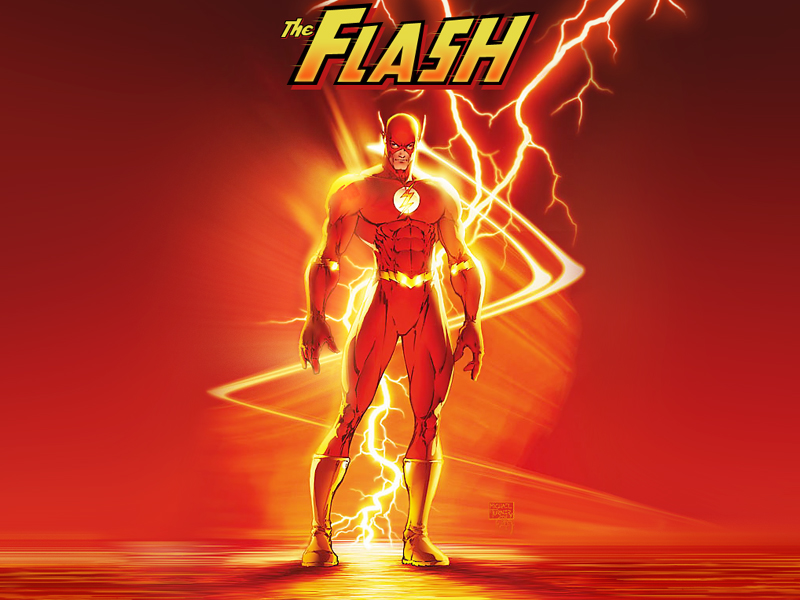There was a recent post up at Feministe discussing the fallacies inherent in any reference to "The Black Community", and how toothless it is to suggest that The Black Community should be policing its own youth and cracking down on its problems, because there are no institutions that unify The Black Community that would facilitate this, or that even define these problems in the context of a coherent whole body.
I only buy into this to a certain point: a lot of the division into ideas of “the black community” comes from arguments about policies that are ostensibly worthy of advocating for because they get at ameliorating the history of racism in this country; i.e. they’re there to help, principally, blacks, which turns blacks into a community of beneficiaries– a black community. So when there’s discussion about government action to limit ‘redlining’, or when policy concerning public school funding or public health care or welfare or the criminal justice system are raised as issues of race by EITHER side of such debates, they construct artifical communities around whomever is supposed to be affected by the supposed racism of the topic at hand. From that perspective, you could say that people like Bill Cosby have pulled themselves out of the black community by not grouping themselves in as the beneficiaries of those debates as they exist today. However, in the sense that a black kid whose parents are business-owning West Indian immigrants in Queens (New York) both gets the advantages of affirmative action based largely in economic disparities (setting aside systemic racism, which is also part of AA) that are not part of this kid’s life, and also has to suffer from police racial profiling that springs from crime rates driven by teens living below the poverty level in single- or no-parent welfare- or crime-supported households in the South Bronx… well, that kid in Queens and one of those kids in the Bronx are both part of a constructed community, and we– both the non-black population that has these conversations, and the participants from the black population who are involved– can either learn to de-couple race from these conversations, or we can deal with the effects of defining these conversations by race. However, we butt our heads against the wall fruitlessly if we pretend there isn’t some kind of forced community created by defining policy discussions along racial lines, even when the criteria feeding those discussions are casually driven by other forces.
There’s also a certain amount of shorthand inherent in conversations about race. How many of the West Indian immigrants heard President Obama inveigh against absentee black fathers and nodded in agreement about how awful it is that the poor, unemployed, unmarried, American-born men over in the South Bronx aren’t marrying the mothers of their children or taking a role in improving their children’s lives (I’M NOT SAYING THAT’S WHO’S IN THE SOUTH BRONX, I’M INVENTING AN INTERNAL MONOLOGUE FOR THE PEOPLE IN THIS EXAMPLE)? Sometimes when we talk about race, we’re invoking a stereotype that excludes most of the people who are intended to be excluded, even if the strict terms used don’t make that clear. Think of the weirdness of the term “people of color”, and how frequently policies advocated ostensibly in favor of people in “communities of color” leave certain Asia-originating communities feeling attacked or left out.
At the same time, there’s no reason not to at least recognize that we need some more nuance in how we understand these terms, and that the public discourse is capable of becoming sophisticated if there’s a large enough body of people who are committed to introducing that nuance. For example, much of the United States is capable of differentiating “Feminism” and “Radical Feminism”, even if the two concepts are fuzzy in most people’s minds. To that end, there’s a value in identifying that there are multiple black communities and cultures, and it’s worth specifying “low-income northeastern urban black communities” or “suburban middle class black communities”, even if that still encompasses a wide range of variety.
Subscribe to:
Post Comments (Atom)




No comments:
Post a Comment